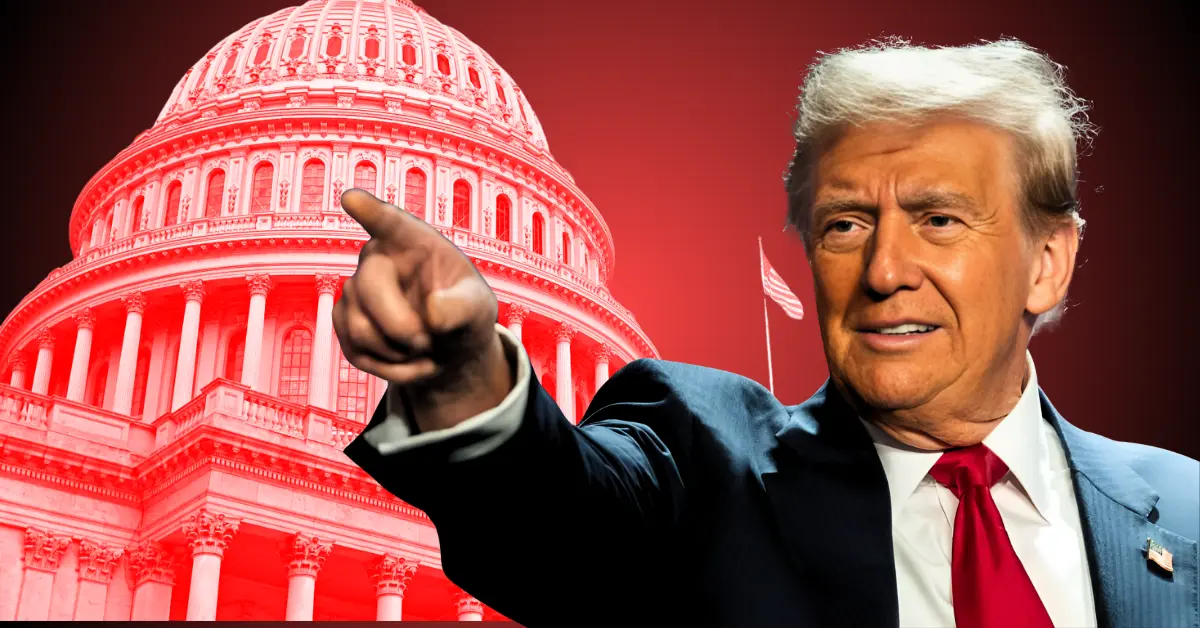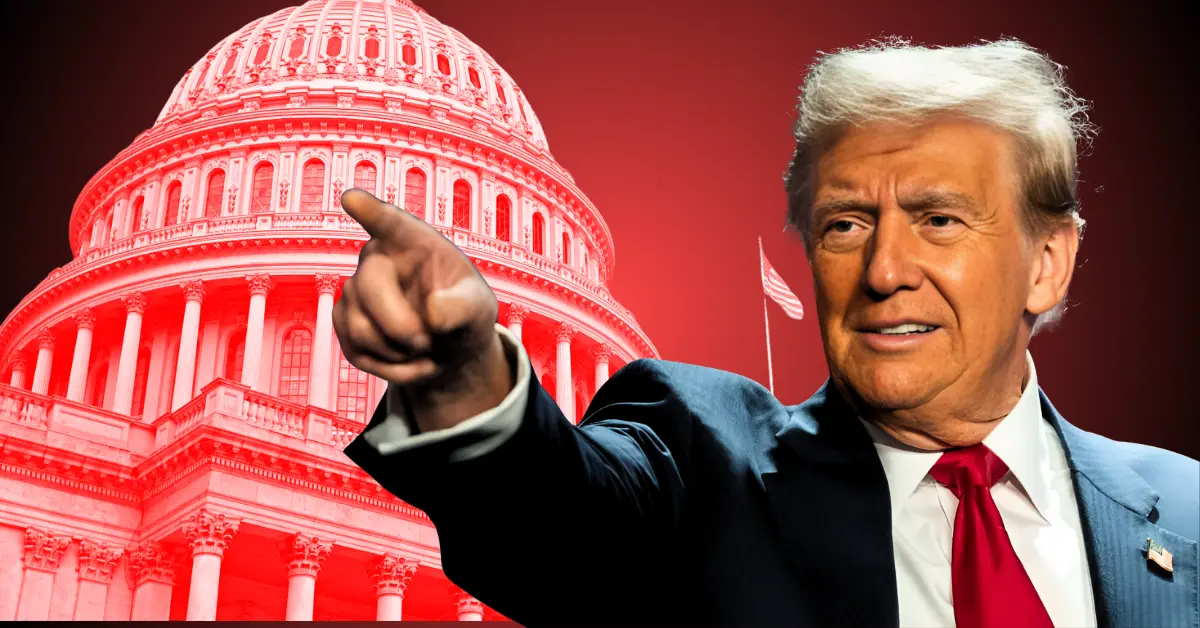The Trump-Munir Meeting: A Tangled Web of Geopolitics and Digital Finance
The unexpected encounter between former US President Donald Trump and Pakistan’s Army Chief, General Syed Asim Munir, has sent ripples through diplomatic circles, sparking intense speculation about its underlying motives and potential consequences. While ostensibly aimed at mending a 15-year rift in US-Pakistan relations, the meeting’s entanglement with a controversial cryptocurrency deal involving a firm linked to the Trump family casts a long shadow, raising critical questions about the evolving landscape where business, diplomacy, and national security intersect. This analysis dissects the multifaceted dimensions of this situation, unraveling the context, scrutinizing the alleged deal, exploring the geopolitical ramifications, and addressing the burgeoning concerns.
A Diplomatic Overture or Calculated Gambit?
The invitation extended to General Munir represents a notable shift in US-Pakistan relations. Such high-level engagements between Pakistani military leaders and US presidents are steeped in history, evoking memories of past visits from figures like Zia-ul-Haq and Pervez Musharraf. However, the timing of this meeting, amidst escalating global instability marked by conflicts like the Iran-Israel situation, adds layers of complexity. While initial reports suggest discussions centered on regional security, counter-terrorism cooperation, and broader bilateral ties, the looming cryptocurrency deal hints at a deeper, possibly commercially-driven, undercurrent to these talks. Is this a genuine attempt at renewed partnership, or a carefully orchestrated maneuver with hidden agendas?
Unpacking the Cryptocurrency Controversy
The core of the controversy lies in the agreement between World Liberty Financial (WLF), a US-based fintech firm reportedly with a substantial stake (estimated at 60%) held by the Trump family, and the newly formed Pakistan Crypto Council (PCC). This agreement, formalized via a Letter of Intent in April 2024, aims to propel blockchain technology, advocate for stablecoin adoption, and integrate Decentralized Finance (DeFi) into Pakistan’s financial ecosystem. The PCC, a remarkably recent entity, touts the deal as a transformative step towards positioning Pakistan as a global leader in the digital finance revolution, capitalizing on its rapidly expanding cryptocurrency market.
General Munir’s personal involvement in welcoming a US delegation linked to Trump’s family during the signing ceremony has further fueled speculation. This overt endorsement by the Army Chief, a figure of immense influence in Pakistan, raises questions about the extent of state support and the potential strategic implications of the deal. The timing of this endorsement, occurring shortly after the Pahalgam attack, has only amplified existing concerns. Was this a calculated show of support, or a lapse in judgment with unforeseen repercussions?
Geopolitical Shockwaves Across the Region
The deal and the subsequent meeting have reverberated across the region, most notably in India. Prime Minister Narendra Modi reportedly engaged in a detailed conversation with Trump regarding Operation Sindhu, underscoring India’s unwavering stance against terrorism and its rejection of any mediation efforts. The perceived alignment between Trump and Pakistan, coupled with the contentious cryptocurrency deal, has understandably raised concerns in New Delhi. Is this a deliberate attempt to undermine India’s regional influence, or an unintended consequence of pursuing other strategic objectives?
Beyond India, the deal has attracted international scrutiny. The involvement of a US firm with ties to a former president in a significant financial undertaking in Pakistan, particularly within the relatively unregulated cryptocurrency sector, raises legitimate concerns about transparency, potential money laundering, and the possibility of circumventing international sanctions designed to combat terrorism financing. Some analysts suggest that the deal could serve as a catalyst for broader discussions surrounding critical minerals and counterterrorism, but the underlying commercial motives remain undeniable. Can this deal be effectively regulated and monitored, or does it present an unacceptable risk to international financial security?
Decoding the Motives: A Puzzle of Potential Explanations
Numerous theories attempt to decipher the confluence of these events. One suggests that the cryptocurrency deal provides a means of bolstering Pakistan’s struggling economy, opening a new avenue for foreign investment and potentially circumventing traditional financial constraints. Another posits that the deal represents a strategic move by the Trump family to capitalize on Pakistan’s burgeoning cryptocurrency market, leveraging their political connections to gain a foothold in a potentially lucrative sector.
A more cynical perspective suggests that the deal is a form of political maneuvering, with Trump potentially signaling a willingness to engage with Pakistan in exchange for favorable business terms or political concessions. The possibility, hinted at in some reports, of Trump attempting to mediate in the Kashmir dispute further fuels this suspicion. The potential for the deal to influence future US policy towards Pakistan, particularly regarding counterterrorism efforts and regional security, cannot be dismissed. Is this a genuine attempt to improve relations, or a calculated power play with potentially destabilizing consequences?
Beyond Bitcoin: A Broader Reset in Relations?
While the cryptocurrency deal has dominated the headlines, it likely forms part of a larger effort to redefine US-Pakistan relations. The meeting between Trump and Munir offers an opportunity to address a range of pressing issues, including regional stability, counterterrorism cooperation, and the evolving geopolitical landscape in South Asia. The inclusion of discussions surrounding critical minerals suggests a potential US interest in securing access to resources vital for emerging technologies.
However, the opacity surrounding the cryptocurrency deal casts a long shadow, raising questions about the underlying motivations behind this renewed engagement and the potential consequences for regional stability and international norms. The absence of a clearly defined agenda for the meeting only intensifies the speculation. Can genuine progress be made on critical issues while these underlying concerns remain unaddressed?
The Path Forward: Navigating a Complex Landscape
The meeting between Trump and Munir, and the associated cryptocurrency deal, highlight the complex interplay between geopolitical strategy, commercial interests, and potential risks. This situation demands meticulous examination and a nuanced understanding of the motivations of all stakeholders. The long-term implications of this engagement remain uncertain, but it is evident that the relationship between the US and Pakistan is entering a new and potentially volatile chapter. This convergence of digital finance and international relations underscores the urgent need for enhanced transparency and accountability in such transactions, ensuring they align with broader national security objectives and promote regional stability. The delicate balancing act between economic opportunity and geopolitical risk will ultimately determine the future trajectory of this evolving dynamic. What safeguards can be implemented to ensure that economic cooperation does not come at the expense of security and stability?












